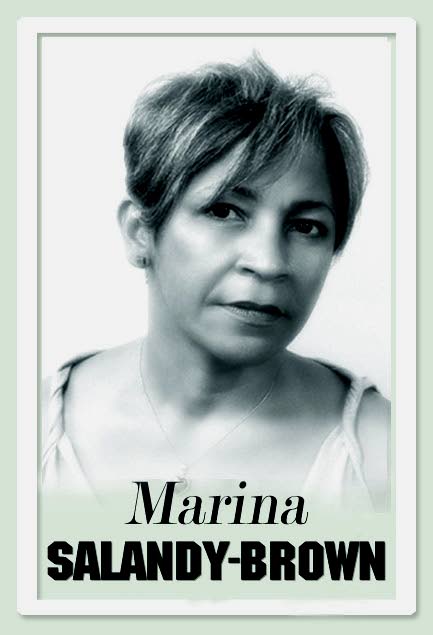Things can change

It was a simple, heartfelt inaugural speech from the new, 46th president of the United States, Joe Biden.
The world breathed an audible sigh of relief as he promised to return to some recognisable, civil modus operandi. President Biden uttered many encouraging words on Wednesday but the simple truth he spoke, that we can effect change if enough of us work together to achieve it, resonated loudly.
Empathy, community, dignity, decency, respect, unity, love, hope, legacy, opportunity, tolerance, truth were echoed by the young poet laureate.
All these values and ways of being, thinking and dealing, which disappeared into oblivion for the last four years in the world’s most influential country and subliminally negatively affected us all, were returned to the everyday lexicon of human interaction.
The 400,000 dead US citizens acknowledged for the first time by someone paid to ensure their safety, the first duty of the president, was a simple but important act.
Do President Biden’s words and actions have the power to change the horribly difficult road that lies ahead for our powerful northern neighbour, and by extension for us?
I happen to believe they can go a long way in shaping how the US approaches the multiple, difficult challenges.
Change is never easy to achieve, and never quickly. It requires a lot of planning, certainty, a strong strategic direction, unshakeable goals, know-how, the correct narrative, and above all the patience.
At the BBC, where I was actively involved in change from the first moment I walked through the door, a whole Directorate for Change was once established. The corporation, always, in the last few decades, a ping-pong ball tossed between political parties, is in perpetual risk of being shot down or even shut down by a government, although the Conservatives represent the more dangerous threat.
As commercial radio and television expanded, the BBC faced the need to prove its relevance. Since its revenue is derived from the public under licence from the government, it had to be competitive in the marketplace, fighting for larger audiences against the more popular and entertaining programming the commercial sector produced at a fraction of the cost. The BBC faced the inordinate task of reshaping a big and highbrow organisation with its own unique culture into a very different beast.
No one knew the price of anything. We just produced what was good and what we thought the public needed. The model was not sustainable, especially in the era of a government that hardly believed in the public good, and the ship with 25,000 employees had to be turned around, almost in the night.
Change management is big business and a discipline of its own. The BBC called in McKinsey, the renowned management consultants, spent millions of pounds sterling and over a few years managed to do the necessary. I was fortunate to be among the 200 people chosen to lead the root-and-branch process.
Today, the modus operandi is unrecognisable, but the values, objectives, ethics and influence in a vast sea of competition remain untouched. During the change process, the corporation discovered new strengths, more sensible ways of working and it repositioned itself for a very successful future. Through its market research and its wide network of operations it was always ahead of big shifts, not responding to them or being caught unawares. We thereby played a role in shaping them, and owning them, including in technology, the biggest catalyst for change.
It was made possible through the quality of the leadership and the clear sense of purpose that was communicated to the staff, all passionate guardians and custodians of a cherished ethos that they felt was under siege. It was radical, painful, many people fell by the wayside but new custodians of the same ethos, only articulated differently, soon took their places and life continued, not quite as we knew it, but with confidence, ready to face the many storms that lay ahead.
President Biden talked about leading not through the example of power but by the power of example. Leadership is the key ingredient in change and no one can doubt that when we consider the unpleasant change ex-president Trump wrought in US society, unleashing dark forces, which always exist but which must be kept in check if society is to function. His lack of empathy, his thuggishness and dishonesty let the genie out of the bottle, yet again. A leader has the power to transform and lead us to new heights and depths.
The experience teaches us that change is constant and we must be agile and clear in our thinking. I share the belief of the great wartime leader Winston Churchill that when the facts change one must change one’s mind. And, the facts do change. In that sense truth is not constant either and modern communication technology has taught us that. What remains are the values people have and share. It is the core that keeps us strong and together in a turbulent sea of change.


Comments
"Things can change"